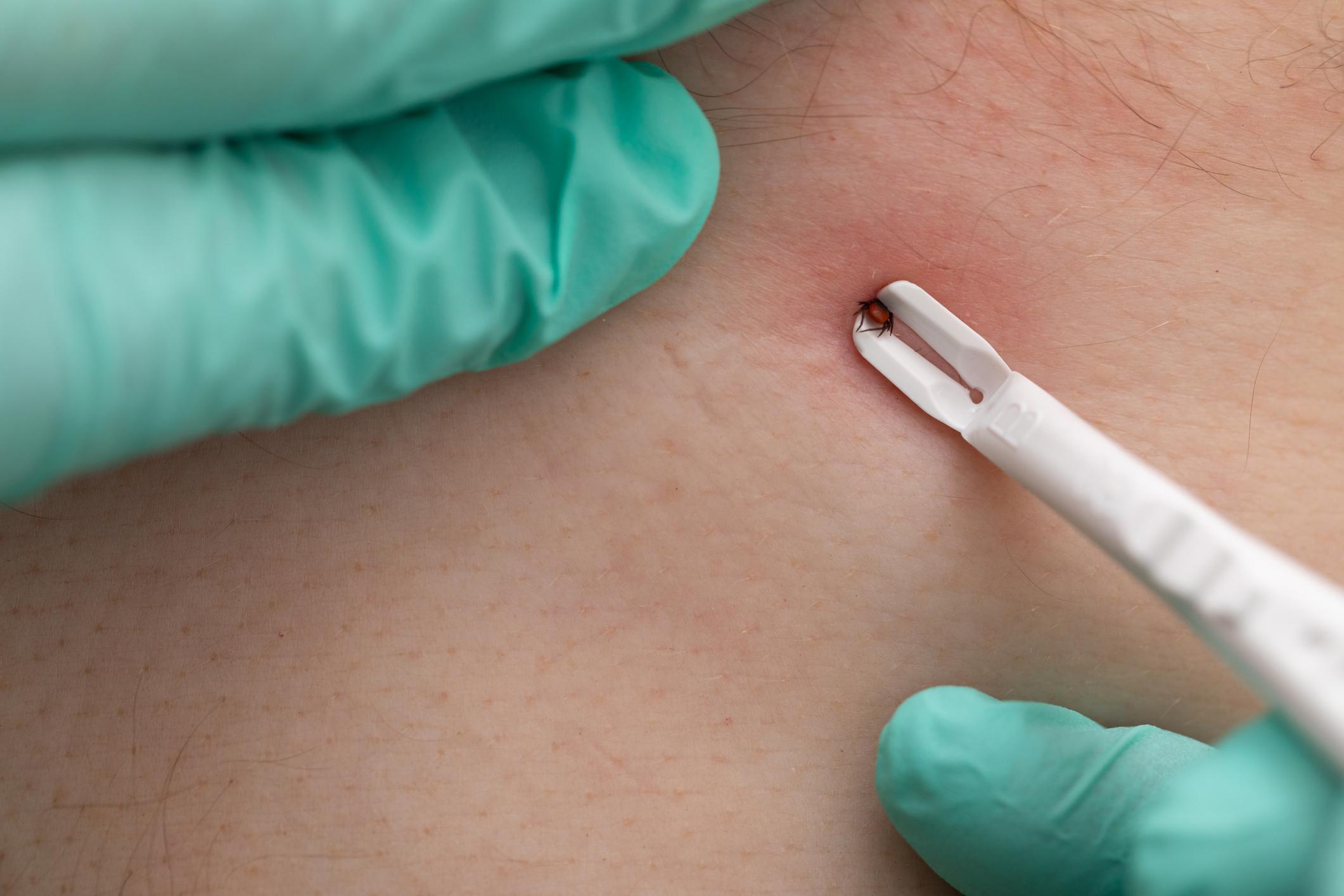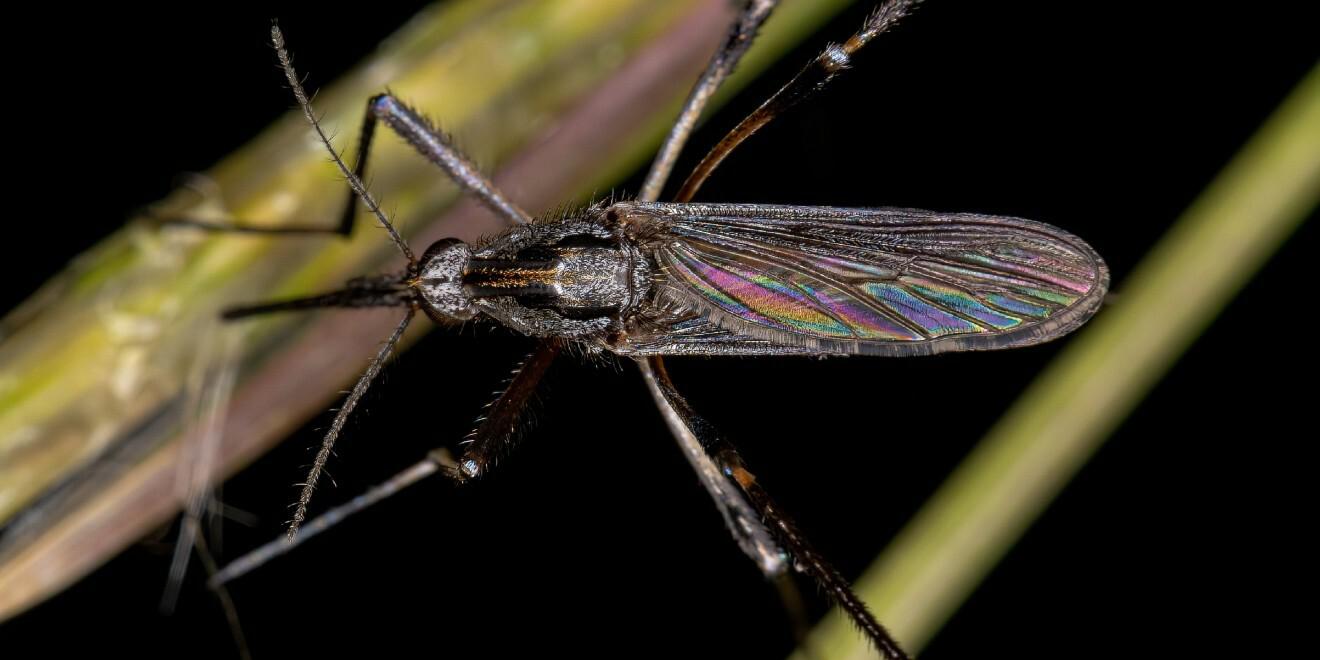Bourbon KY Joins Lyme CT in the Unfortunate Name Saking of a Dangerous New Tick-Borne Disease
Posted by Mosquito Squad
June 20, 2015
We are in the business of tick protection and education. Public knowledge of ticks, what they do, where they live, the diseases they carry and how to protect yourself is vital to lowering the incidence of tick-borne illness. Sometimes a tick-borne disease case that is not geographically relevant is so atypical that you need to hear about it. Yes, this is isolated. Yes, it’s far away. Yes, we may never see this in Massachusetts. But…it’s important to know that Lyme Disease is not the only tick-borne disease. It’s important to know about a newly discovered tick-borne disease. Just because this new disease showed up far away doesn’t mean it won’t show up in our parts at some point.
A previously healthy Bourbon, Kentucky man fell fatally ill in late spring of 2014. Despite being hospitalized and treated for what was thought to be one of the known tick-borne diseases within a few days of the onslaught of symptoms, they couldn’t save him.
The lone known case of human Bourbon Virus
Several days before becoming ill with weakness, nausea and diarrhea, the man removed an engorged tick from his shoulder. By the third day of being ill he sought treatment from his primary care doctor and received a prescription for Doxycycline – a standard treatment for tick-borne illness. The next morning his wife found him in and out of consciousness with other symptoms worsening. He was taken to the hospital by ambulance. The first clue that this was an atypical tick-borne disease case was when the doxycycline did not improve his condition.
The hospital continued treating him with intravenous antibiotics and fluids as they began testing him for tick-borne disease and other possible conditions. Over the course of the next few days his symptoms worsened as he began to have kidney failure and eventually his heart gave out.
The diagnostics leave unanswered questions
Testing negative for the tick-borne illnesses prevalent in his area, (and even some not in his area) Lyme Disease, Ehrlichiosis, Rocky Mountain Spotted Fever, Tularemia, Brucella, Babesiosis, Anaplasmosis, Q Fever and Heartland Virus, doctors were left puzzled but they had a clue. When testing for Heartland Virus the presence of another virus was indicated. They were able to identify it as a never before seen member of the genus Thogotovirus.
Because the patient never showed any neurological symptoms such as meningitis or encephalitis, which have been associated with the seven other human cases of Thogotovirus strains in humans, his spinal fluid was never tested to confirm the presence or absence of either neurological condition.
Thogotovirus
According to the Centers of Disease Control and Prevention, there are approximately six members of the family Thogotovirus, the only other one to be detected in the U.S. was detected in a seabird nest off the cost of Texas. Only two of the six have been known to cause human infection, all were identified in humans living in parts of Europe, Asia and Africa – not in the United States. With a well-known association with either hard or soft ticks, the Thogotovirus has a wide geographic distribution.
It is unclear whether this virus is for certain tick-borne. But given the history of tick exposure and the onslaught of symptoms in late spring it is a likely scenario. Naming the virus after the lone known patient’s city of origin, the Bourbon Virus along with worsening cases of other tick-borne disease could be a sign that the public health burden of tick-borne diseases is worse than previously thought. It is anticipated that more discoveries like this one will be made in the near future.
With ticks being a known vector for other viruses in the Thogotovirus family it is imperative that you avoid tick exposure and tick bites to remain safe from Bourbon and other tick-borne diseases. Start with your property, where you spend the most time outdoors. Mosquito Squad of Central Mass offers traditional barrier treatment that eliminates ticks and mosquitoes on contact. Add our tick tubes to intensify the success of your season long tick control program.















